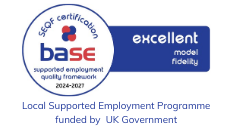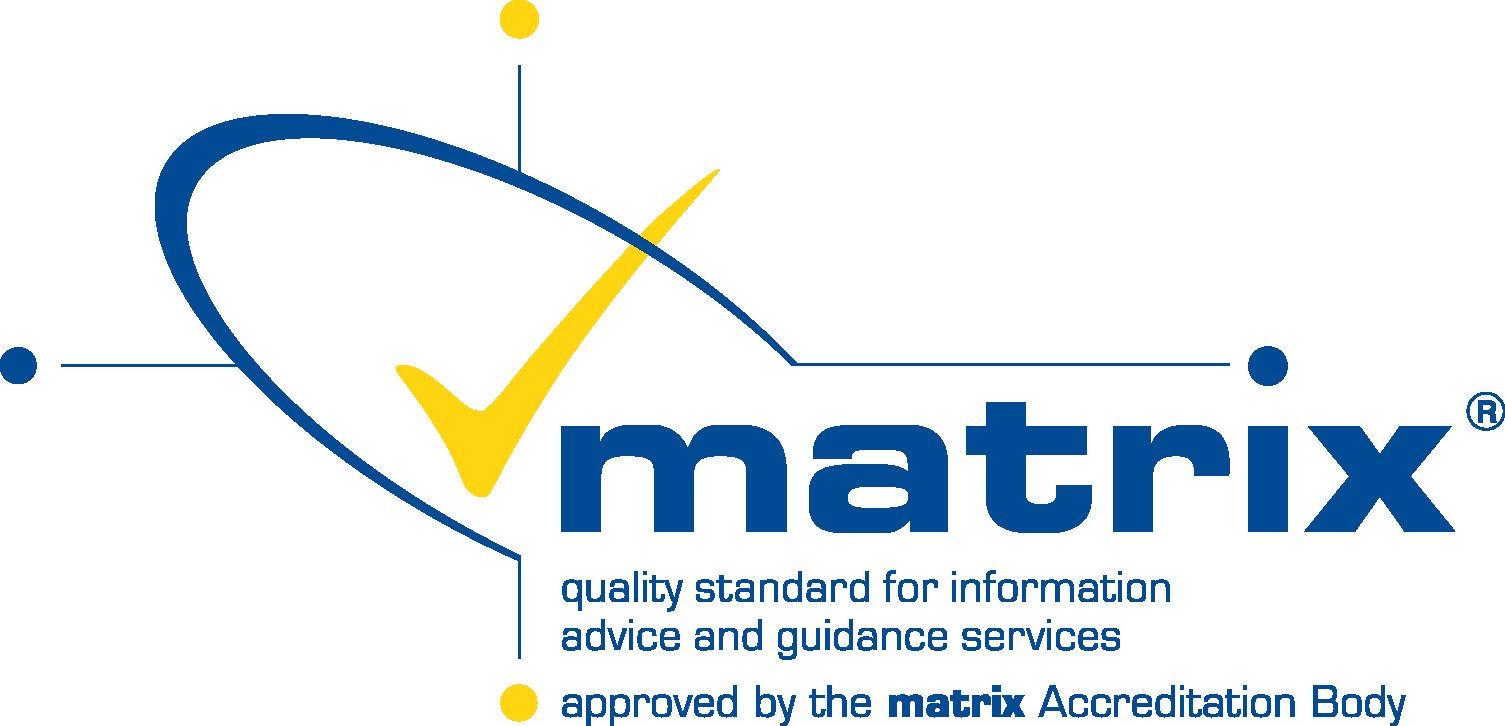People are passionate about the work. They’re enthusiastic. They’ve talked about a sense of purpose. A lot of the guys we have working for us, this is their first paid employment. We’ve got these people with incredible skills doing incredible work, with an unreal work ethic, and these are the ones that were overlooked, these are the ones that don’t have the opportunities.
– EricKnows.co.uk
How hiring inclusively Benefits You
Hiring staff through us can help your business with more than just talented new people. Supported Employment services have a strong business case, and hiring inclusively can bring a range of benefits to your workplace.
Access to a Wider Talent Pool
Around half of working age people with disabilities are currently unemployed, representing a major untapped talent pool.
People with disabilities may not apply for work because they find applications inaccessible, or are worried about being judged on impairment rather than the skills they can bring to the job.
By hiring more inclusively, employers find they can access a wider pool of quality applicants, and benefit from the new perspectives staff with disabilities or neurodevelopmental conditions can bring.
Reducing Recruitment Costs
Recruitment is expensive. Advertising the vacancy, screening and interviewing candidates, and multiplying that cost if the right person is not found. We evaluate the skills and suitability of the jobseeker for every role, and can set up a work trial so you can feel confident you have the right candidate.
We can advise on making reasonable adjustments in your workplace to assist disabled staff with their work. These changes are usually minor and inexpensive, but can make a huge difference in their efficiency and comfort.
We can also assist with funding through an Access to Work grant, which can cover additional support your staff may need, so you stand to save money overall.
Improving Staff Retention
Studies show that disabled staff have better job retention rates for a number of reasons.
Disabled and neurodiverse jobseekers want to work, and commit themselves to those who have given them the chance.
We can advise on the right reasonable adjustments to help you retain staff, and support you with free training to help raise awareness of neurodiversity and disability in the workplace.
As 83% of disabled staff acquire their disability within their working life, putting reasonable adjustments into place now can help you retain experienced and valued employees in the future as well.
Improving Workplace Morale
Implementing reasonable adjustments in the workplace for disabled staff can create an environment where all staff can benefit from those small adjustments which help them work better.
Valuing disabled and non-disabled staff equally makes employers more appreciated by their workforce, and staff with disabilities often become positive role-models in the workplace, who can challenge misconceptions and promote inclusion.
Enhancing Company Reputation
Your reputation plays a huge role in attracting both customers and staff. Hiring more inclusively is not just a small, short-term boost to your reputation, but instead can be part of a gradual change to your recruitment practices, corporate environment, relationships, and mentality.
Developing an ethical and socially responsible corporate image can bring significant advantages in a marketplace driven by reputation and consumer perception.
We support in making these positive changes, and in helping you avoid poor disability practices, which can cause significant damage to company reputation.
Appeal to Disabled Customers
The Purple Pound refers to the spending power of disabled households in the UK. In 2019 this was estimated at £249 billion.
A company that practices disability inclusive employment is also more likely to be welcoming to disabled consumers and their families by improving its understanding of their needs and the market.
Legal and Corporate Responsibility
Practising corporate social responsibility helps a company give back and comply with regulation, but also has a strong business case itself.
Consumers are more likely to do business with companies they see as doing the right thing, and feel they benefit their local community by giving you their custom.
Under the Equality Act 2010, employers also have a legal duty to make reasonable adjustments and not discriminate against disabled applicants. This could be scary to small employers, but we offer free support on what reasonable adjustments a member of staff needs, and how to implement them easily into your workplace.








